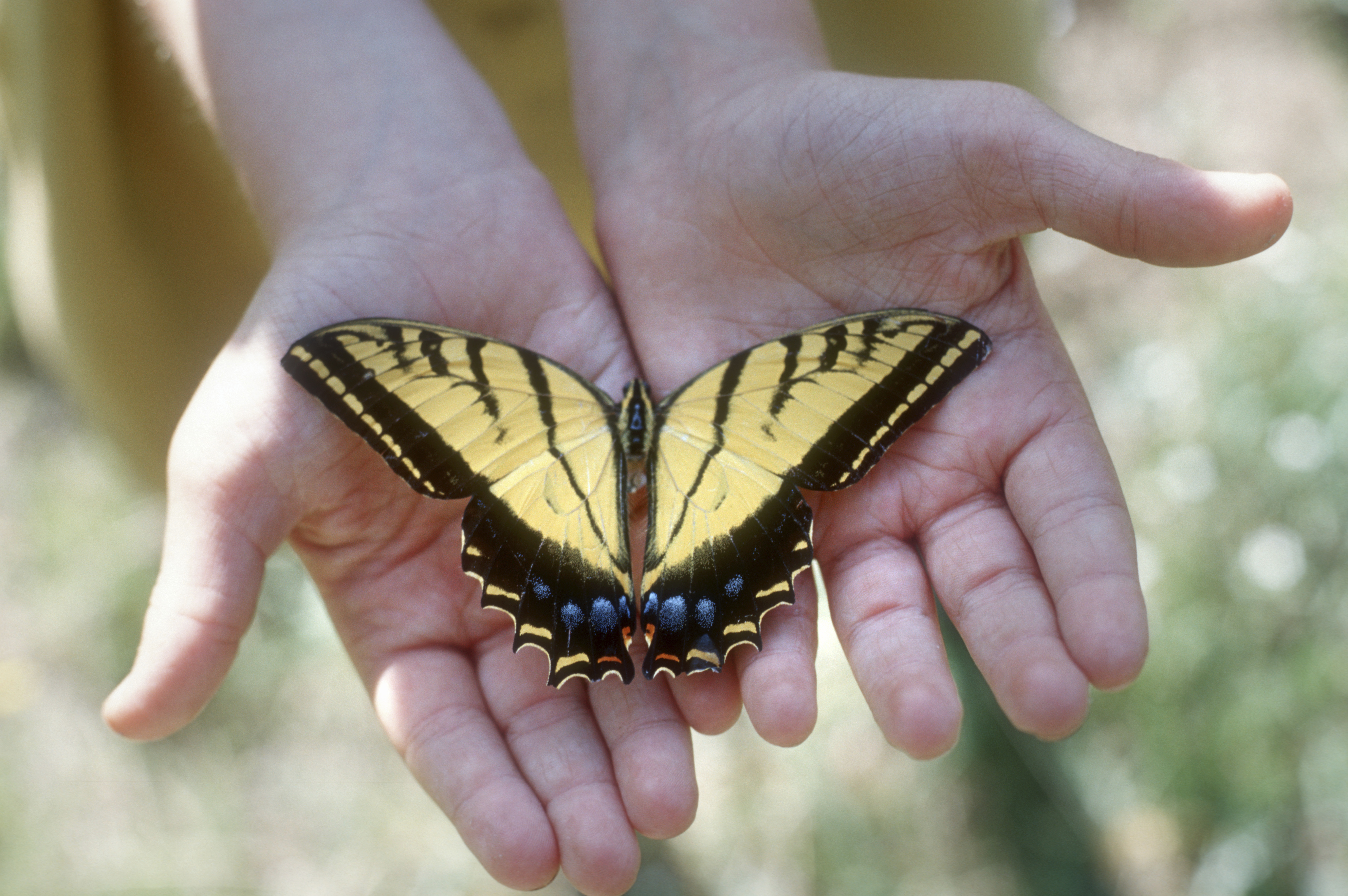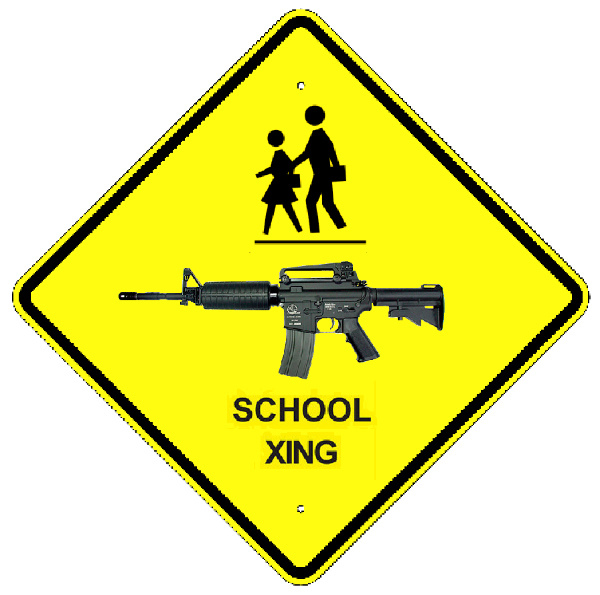
Nicole Hockley’s son Dylan was a lively 6-year-old with vibrant blue eyes and a 1000-watt smile. He loved playing with his best friend and older brother, Jake. Dylan was killed in 2012 alongside 19 of his classmates and six school workers in the Sandy Hook Elementary shooting.
“Dylan was a flapper. Whenever he got excited or happy, he jumped up and down and flapped as fast as he could,” his mother recalled in a speech at his memorial service. “One day I asked Dylan, ‘Why do you flap?’… He said, “Because I am a beautiful butterfly!”
This Monday, on a drizzling fall evening in the conference room of a Seattle church, Hockley met with phone bank volunteers for Iinitiative 594. Around her neck, a silver butterfly necklace served as a reminder of Dylan. As the volunteers at the table introduced themselves, they shared their own sobering stories of gun violence and their reasons for volunteering:

“I’m Cheryl Stumbo, and I am a survivor of the Jewish Federation shooting … and I am doing this for my friend Pam Waechter, who was killed in the shooting.”
“I’m Sandy Phillips, and I’m here for my daughter,, Jessica, who lost her life in the Aurora Theater shooting.”
“I go to high school at The Center School, and today someone brought a molotov cocktail to school. It may not be gun violence, like what happened in Marysville on Friday, but it’s still violence and I want to help.”
Phone bank volunteers have spent the weeks since ballots were mailed in Washington state calling registered voters, answering questions about I-594 and encouraging people to turn in their ballots. I-594 would expand the current background checks in Washington to include private sales, online sales and transfers; I-591, in contrast, would restrict the state from requiring background checks unless a uniform national standard is required.
In the wake of the Marysville Pilchuck High School shooting on Oct. 24, in which the teenage shooter targeted five of his classmates — fatally wounding three before killing himself — the debate over these two initiatives has intensified.
“How do you make this into a political issue at this time?” wrote one commenter in a Facebook thread about the shooting. “This disgusts me. Please remember these children and keep politics out of it.”
... you need to remember that these tragedies are happening every single day in every single city and suburb. So, when is the time then? This is every day. Every day is the time to have these conversations.
-Nicole Hockley
But, when is the appropriate time to discuss our country’s policies around gun violence?
“In all honestly that is a really hard question,” says Hockley, who is the communications director of Sandy Hook Promise, a nonprofit formed after the Connecticut shootings that works to protect children from gun violence.
“Knowing what they are going through and experiencing at some level, I would never want anyone to exploit what happened at Sandy Hook, and I am sure that they feel the same way. However, there is a time when these things are at the forefront of our minds that tends to spur people to take action. Sometimes, unfortunately, you may not look to take action until you lose something close to you. Sadly, these tragedies make the fear and emotion that much fresher and higher, but you need to remember that these tragedies are happening every single day in every single city and suburb. So, when is the time then? This is every day. Every day is the time to have these conversations.”
Hockley and other families have traveled around the country to speak with state legislators and Congress to advocate for gun violence prevention legislation.
“I am very hopeful for I-594 because federally we are not getting change happening at the rate we need it to,” Hockley says. “States are a different sort of debate altogether. This is the one where the people are deciding what they want to stand for and voting for what they believe in. It's not the Federal government telling us what the policy should be and it’s not the state legislators telling us what the policy should be; this is the people. And for everyone who doesn’t think their vote makes a difference, this is a time when it really does make a difference.”
But what can parents who feel helpless to protect their children do in the wake of these tragedies ?
“At the end of the day parents just want to keep their kids safe; we just want to protect our children. What parent doesn’t put the love that they have for their child first and foremost?” Hockley asks.
“Whether you have five hours of time and can volunteer at a phone bank or call senators and congressmen, or whether you just have five minutes of time and can have that conversation with your child over the kitchen table … Take those few moments with your child to talk about how we look out for each other and how to recognize the signs of someone who needs help, about how to include them rather than isolate them. There are so many things that parents can do that can massively change the direction that someone’s life takes.”
Perhaps the “butterfly effect” of these difficult conversations will be what changes things. We can do better. We must.











